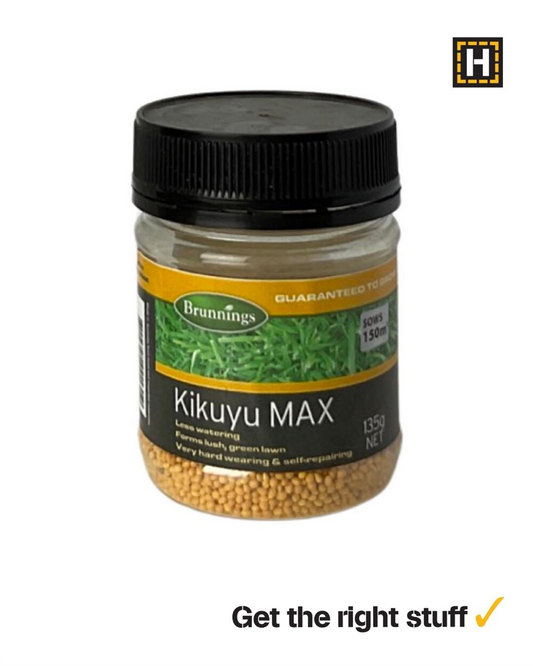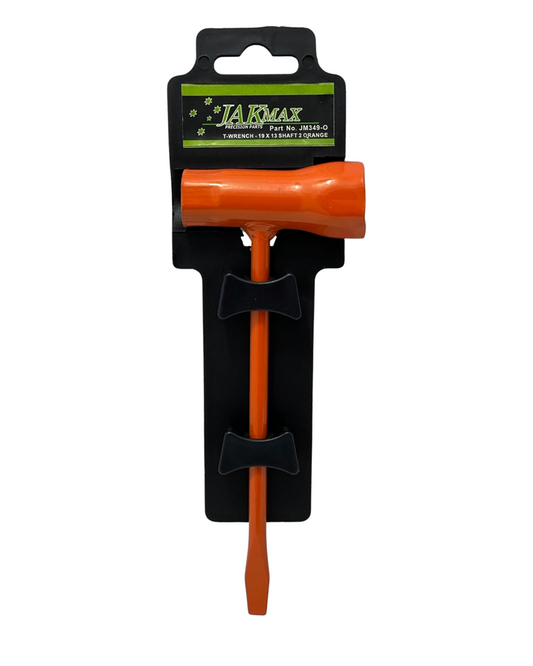How to protect your garden from harmful beetles while keeping beneficial ones
Share
Winning the Battle Against Harmful Beetles While Keeping the Friendly Ones
Picture this: You step into your garden, ready to admire your flourishing plants, only to find chewed-up leaves and half-eaten flowers. The culprit? Beetles! But before you go on an all-out beetle ban, hold that thought. Not all beetles are villains—some are downright helpful. The trick is knowing how to manage the troublemakers while keeping the good guys around.
Meet the Troublemakers
Garden beetles come in all shapes and sizes, but the ones causing havoc tend to have a taste for your plants. Watch out for these common offenders:
- Leaf-eating beetles: These tiny chompers, like the eucalyptus leaf beetle, love munching on foliage, leaving your plants looking worse for wear.
- Bronze orange bugs: These sap-suckers feast on citrus trees, leading to wilting and deformed fruit.
- Vegetable weevils: Masters of disguise, they gnaw on a variety of veggies, stunting plant growth.
The Garden Heroes
Not all beetles spell disaster. Some are your garden’s best friends, keeping pests in check and improving soil health:
- Ladybirds: Nature’s little pest controllers, ladybirds feast on aphids and scale insects.
- Soldier beetles: These bright orange and black beetles are predators of destructive caterpillars and other soft-bodied pests.
- Ground beetles: Often overlooked, these nocturnal hunters devour slugs, mites, and other unwanted critters.
Keeping the Pests Out Without Harming the Good Bugs
The key is balance. You don’t want to wipe out every beetle in sight—just the ones causing damage. Here’s how to do it:
1. Encourage Natural Predators
Nature has its own way of managing pests. Birds, frogs, and beneficial insects help keep beetle numbers under control. Planting native shrubs can attract these helpful creatures to your garden.
2. Hand-Picking
Yes, it’s a bit tedious, but physically removing beetles from your plants works wonders, especially for larger offenders like bronze orange bugs. Wear gloves and drop them into a bucket of soapy water.
3. Neem Oil Spray
A natural insecticide, neem oil disrupts the life cycle of many harmful beetles without harming ladybirds and other beneficial insects. Spray in the early morning or late evening to avoid affecting bees.
4. Companion Planting
Some plants are natural beetle repellents. Marigolds, garlic, and nasturtiums help keep pests at bay while adding colour to your garden.
5. Diatomaceous Earth
This powdery substance, made from fossilised algae, is a natural pest deterrent. Sprinkle it around the base of your plants to create a barrier that’s harmless to humans and pets but deadly to crawling insects.
6. Avoid Harsh Chemicals
Chemical pesticides tend to be indiscriminate. They kill the bad bugs, but they also eliminate the good ones. Opt for organic or selective insecticides that only target harmful species.
Check Your Garden Regularly
The best defence is a watchful eye. Regularly inspecting your plants helps you catch infestations before they spiral out of control. Look for nibbled leaves, egg clusters, and beetles lurking under foliage.
Give Your Garden the Best Chance to Thrive
A healthy garden can better withstand pest pressures. Keep your plants strong with good soil, proper watering, and the right nutrients. Weak plants are far more susceptible to beetle attacks.
With the right approach, you can keep beetles in check without disrupting your garden’s natural ecosystem. A little patience, some clever strategies, and an understanding of friend from foe go a long way in keeping your garden lush and thriving.
Happy gardening!
— Candeece

Stay Connected
Join our gardening community on Facebook: Urban Gardener's Notebook
And follow our Store Facebook Page: Strathalbyn H Hardware on Facebook









